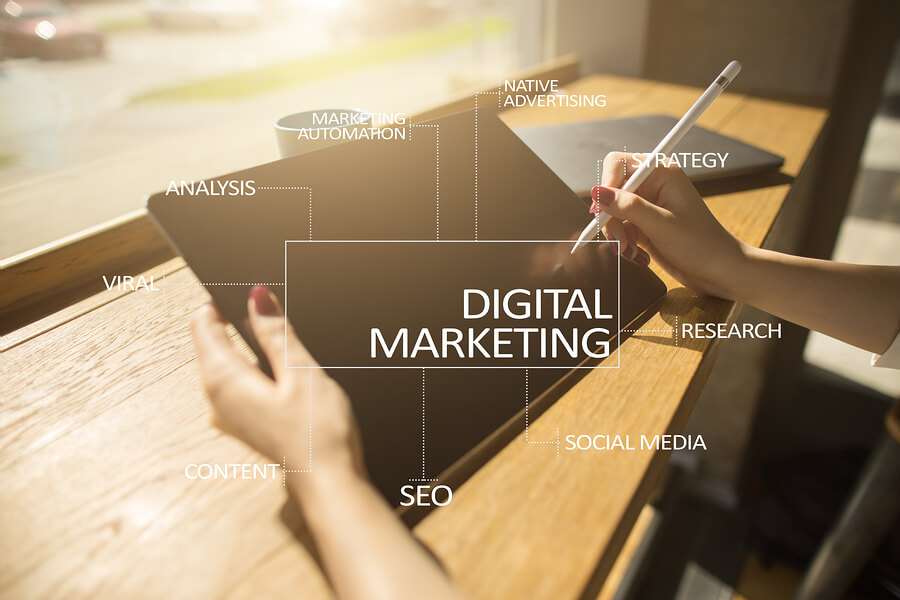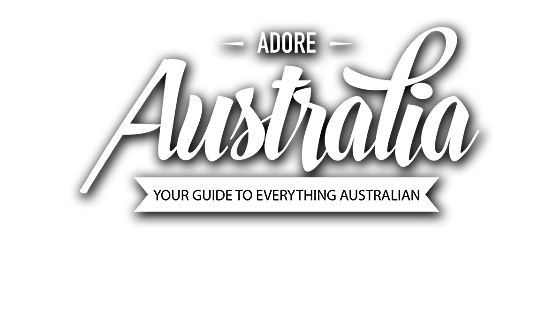
There are very few businesses today that do not invest in digital marketing. Whilst you might not consider it an investment, even spending time publishing content to your social media platforms is an investment in digital marketing and when done well, it can transform your business and help you to grow your visibility and brand, both on and offline.
Digital marketing is made up of many facets from social media to search engine optimisation to paid advertising and everything in between. It’s often not practical for many businesses, especially start-ups and small businesses, to commit to promoting their business across all of these platforms. That’s why you need to take a very strategic approach to digital marketing and identify the channels that are likely to deliver the best return on investment (ROI).
Once you find that sweet spot, where every dollar spent returns at least one dollar and one cent, you can really start to expand your reach and increase your marketing efforts to drive brand awareness and grow your business.
But how do you know which platforms to invest in?
Well, this can vary heavily from sector to sector and business to business, however, there are some platforms that are very cost-effective for businesses of all sizes and these are the platforms where you should focus your efforts initially and start to increase your ROI through those channels before expanding the platforms where you need to invest not only time but financial resources.
Here’s a closer look at some of the most commonly used digital platforms for business.
Search Engine Optimisation (SEO)
SEO is the process of improving your website to increase its visibility for relevant searches within search engine results. When talking about SEO, most professionals talk about optimising your website for Google. That’s because Google continues to maintain a 92% share in terms of organic search so if you’re not optimising for Google, it’s going to be more difficult to get found online.
Search engine optimisation is invaluable to all businesses and is a cost-effective way of driving traffic to your website. There is essentially no cost to search engine optimisation – organic results are just that, organic. Whilst you do see paid ads in the search results, all organic listings are achieved through creating high-quality content that adds value to visitors and therefore Google wants to rank your website on the first page as they know your content is valuable to visitors.
Whilst there is no direct cost associated with SEO, it is highly recommended that you engage an agency to help, especially with the initial set-up. A good SEO agency will perform in-depth keyword research to identify the most relevant terms for your business. They will also carry out a technical and content audit in order to discover areas where your website can be better optimised to deliver a great user experience once people land on your site. This might include things like speed improvements, changes to titles and headings and recommendations for how relevant keywords can be included in your copy.
One aspect of SEO that is also becoming increasingly important is local SEO which allows smaller, local businesses to compete with big brands in the map listings found within the search results. These listings are influenced by a searcher’s proximity to your business as well as other factors including reviews and consistency of key information across the internet including your address, phone number and business name.
Social Media
Social media platforms have become another appealing channel for businesses as a way to engage with their target audience. They are being used increasingly as a way of handling customer service enquiries as well as a platform for pushing out key marketing messages and sharing news about your business.
Again, a large appeal of social media platforms is that they are free to use (other than the time taken to keep them up to date and respond to all comments and messages). In recent years, however, platforms like Facebook have made it increasingly difficult for businesses to appear in organic feeds. Instead, they encourage you to pay to reach more people through their platform.
There is also the challenge of deciding which platforms to utilise for your business. With so many to choose from, you need to ensure you are investing your time and effort into the ones that will enable you to reach your target audience. If your audience, for example, is males aged 30-50, it is unlikely that TikTok or Snapchat will be the right platform for your business.
It’s important to understand the overall demographics of users on each of the social media platforms and consider which ones you want to focus on. You also need to think about the time you have to spend on updates, messages and comments – it is better to choose not to use a specific social platform than to try and be active on all of them and do them all poorly.
Paid Advertising
The third most common digital platform for businesses is paid advertising and this can be through a number of mediums including Google, social medial and display advertising. As the name suggests, paid advertising is a platform that requires financial investment and for many small businesses, it is not a viable option when they first set out.
That’s not to say you shouldn’t consider paid advertising as part of your strategy. Whilst SEO is a great long terms strategy for driving consistent traffic to your website through strong organic rankings, it can take a long time for new websites or smaller brands to establish themselves in organic search and rank for keywords on the first page. Paid advertising allows you to gain immediate visibility in the search engine results pages which can be very appealing. The only thing is that once you stop paying for those keywords, your traffic stops immediately.
A two-pronged approach can often be more appealing where you target longer tail keywords (search terms that include 3+ keywords) that are cheaper to bid on and often more focussed on driving conversion-led traffic to your site alongside an SEO strategy that targets top-level keywords that would be expensive to bid on.
Social media advertising is also a good option for small businesses as it can be a really cost-effective way of increasing your brand awareness quickly. It’s then down to your website and your customer service/sales team to deliver once you have attracted a lead from social media advertising.
What are the big brands doing?
If you are just starting out, it makes sense to carry out some competitor research to see how your direct competitors are doing things – what platforms are they active on, what keywords do they rank for, are they advertising on Google or social media?
You can also learn from businesses outside of your sector. Some of the leading brands in the world can provide you with some really good ideas when it comes to your digital marketing strategy.
Lululemon is renowned as one of the most engaging brands on social media and their lifestyle marketing tactics have earned them enormous brand recognition. They maximise the impact of their social media platforms to engage with their audience and encourage user-generated content through engaging campaigns that aim to inspire.
Betway uses a combination of search engine optimisation, content marketing and social media in order to gain an edge in a competitive marketplace. Instead of simply providing odds on a variety of sporting events, Betway is on a mission to “provide quality betting insights” with “the most informed betting tips of any online media outlet”. This commitment to content and social media promotion has seen them grow rapidly since they were formed in 2006.
Airbnb has taken the world by storm and quickly established itself as one of the world’s leading brands. Instead of trying to create their own content and specialised articles, instead, they turned to their community. Airbnb is a company that fully embraced this digital marketing channel by allowing all users to share their travel experiences on all platforms and social media.
But they went even further. What is the perfect content for a hotel business? Tourism, obviously. So Airbnb started to promote and encourage videos, photos and travel guides created by owners and clients.
The visual part of it is really important. Instagram is an important channel for the company because it resonates with what its audience wants.
And there is nothing to stop you from replicating this model or any of the tactics above if you think they are relevant to your business.









